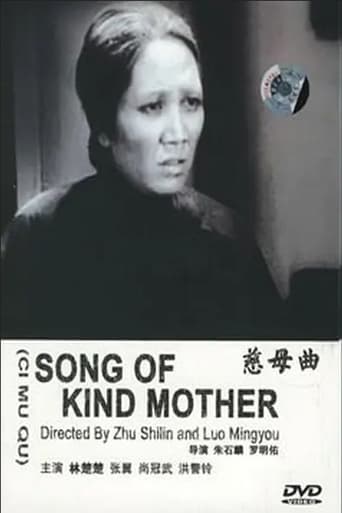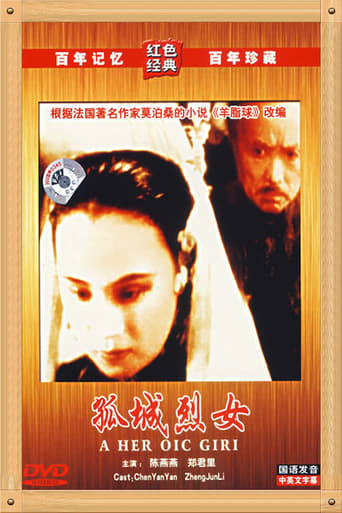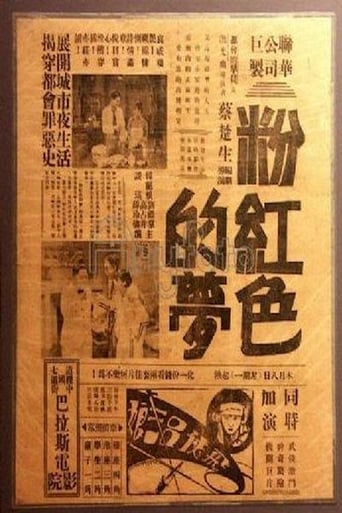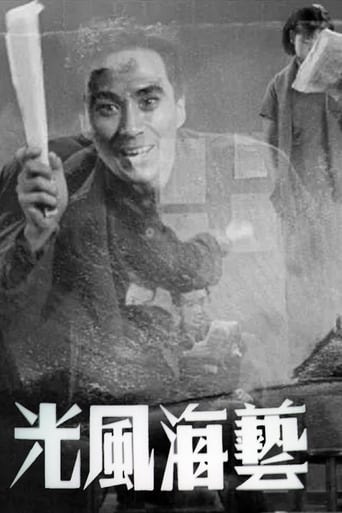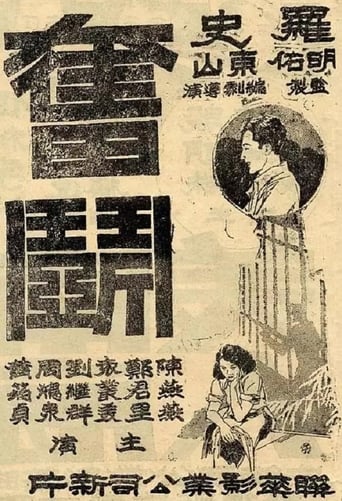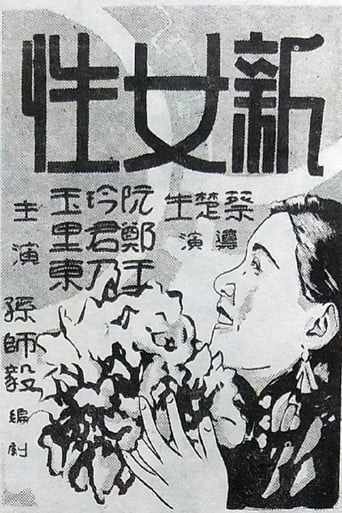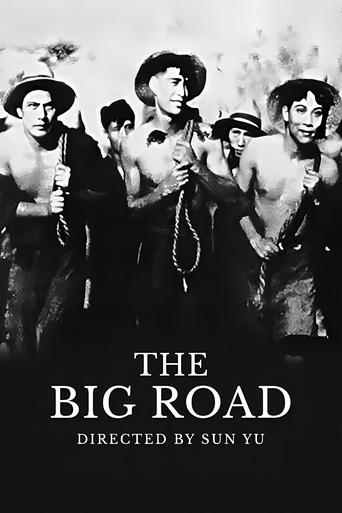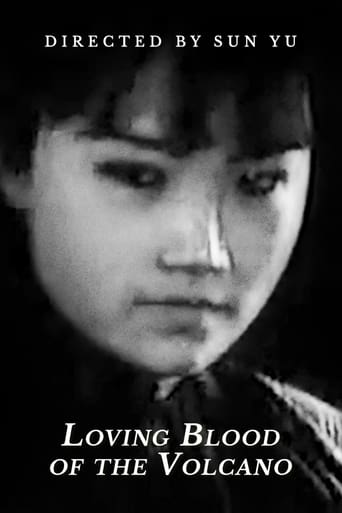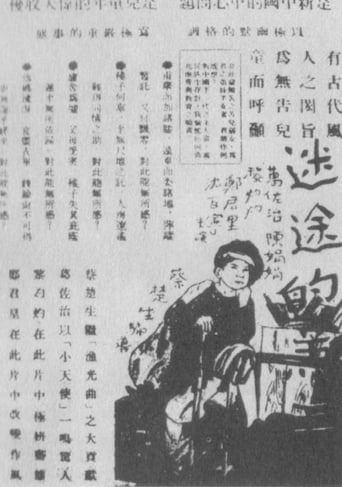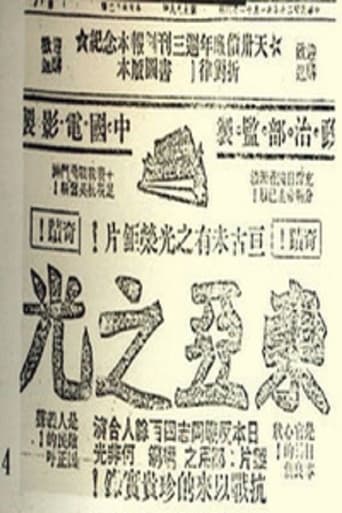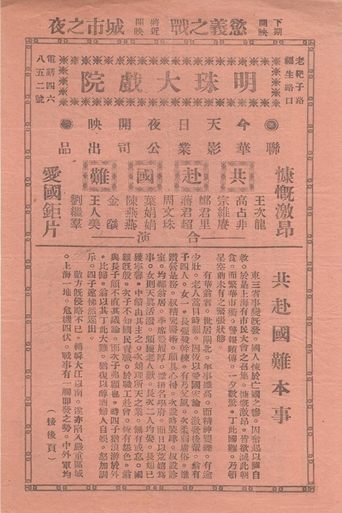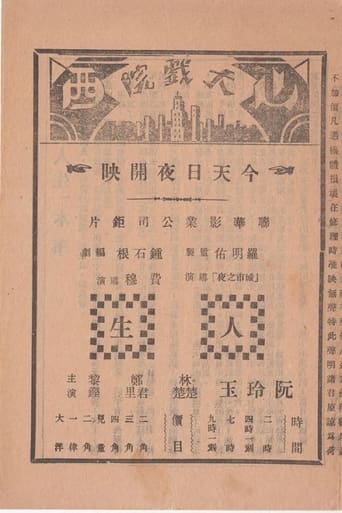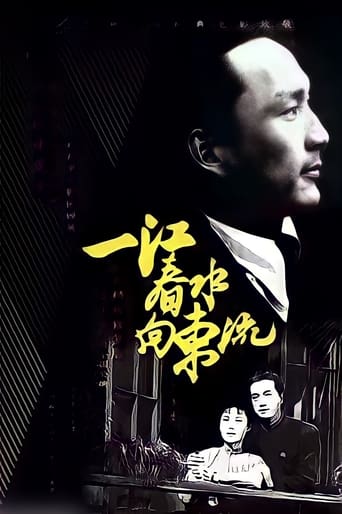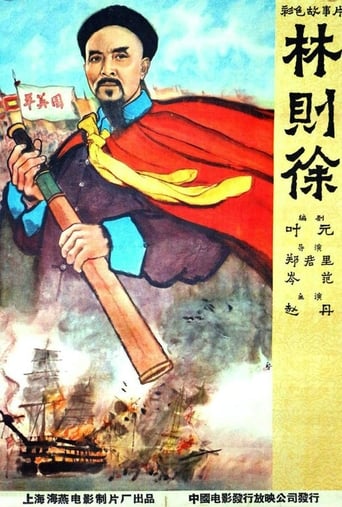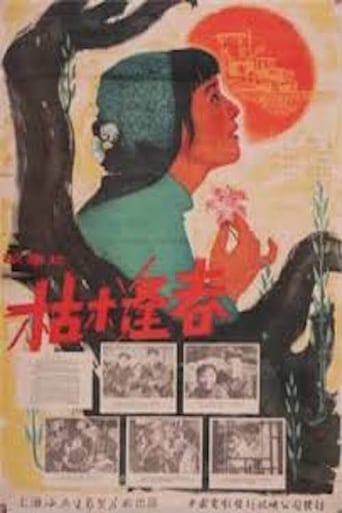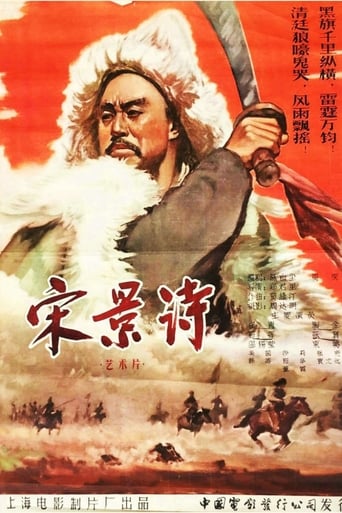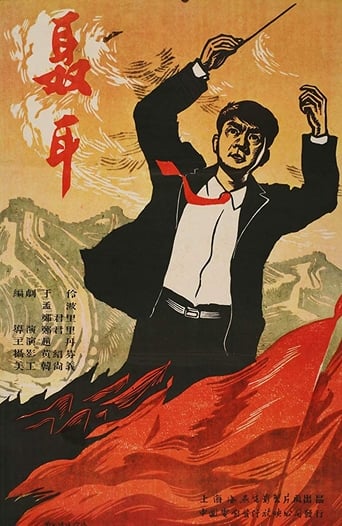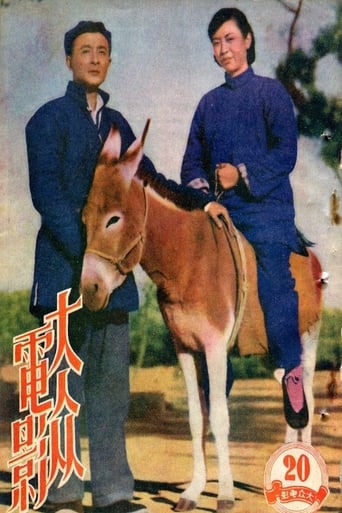國風
May 13, 1935In 1930, two sisters from the countryside, the serious Zhang Lan (Ruan Lingyu) and the frivolous Zhang Tao graduate from the secondary school where their mother Zhang Jie serves as principal. They both love their cousin Zuo, but have ambitions other than marriage. Their lives change dramatically when both attend university in Shanghai and encounter modern urban life and rapidly changing society. The film also depicts the emergence of Chiang Kai-shek's 1934 New Life Movement. Lianhua Film Studio did the film to appease the Nationalist Party which accused it of primarily presenting left-wing films, which was true.

